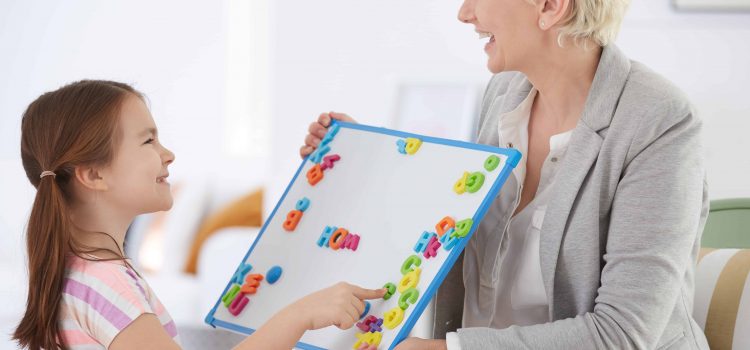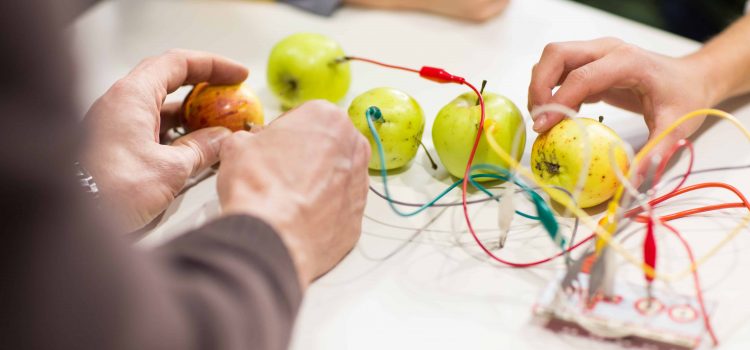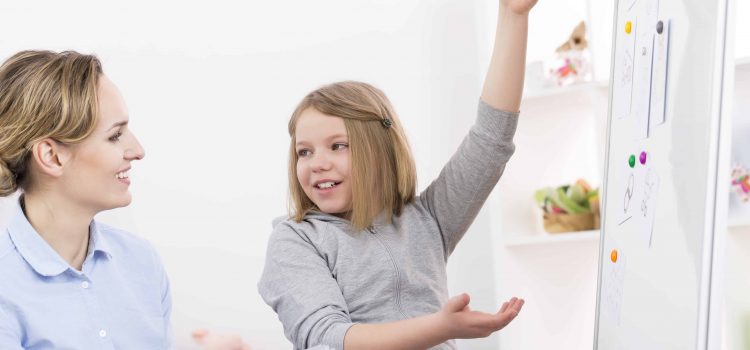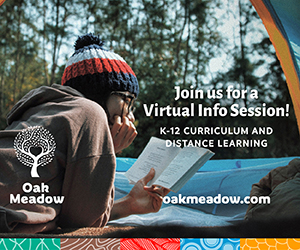Written by Laura Vanderkam for Fast Company
Homeschooling has become increasingly popular in the past few years. The National Center for Education Statistics estimates that 3.4% of Americans aged 5-17 were homeschooled in 2012. While that’s not a huge proportion, it’s a more than 50% increase from 2003.
Plenty of families would like to try it. However, many are held back by the assumption that one parent (likely Mom) would have to stop working. But talk to homeschooling parents and you find that a number are attempting the ultimate “second shift”: building a career while running a small school operation at the same time.
It sounds crazy, but it’s doable for people committed to the approach. Catherine Gillespie, a marketing consultant, says that combining the two means she earns a good living while “getting to give my kids individualized educations that really meet their needs.” Read more here!

















